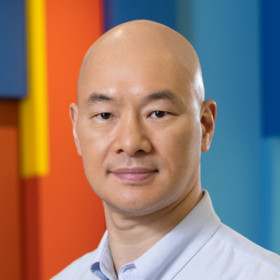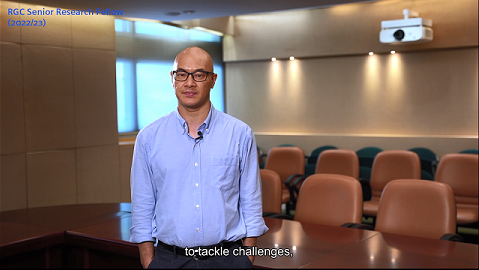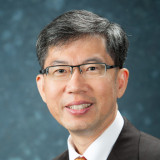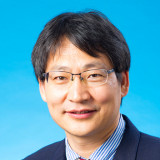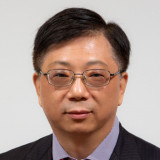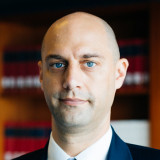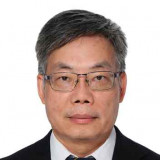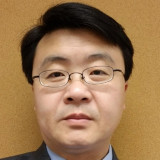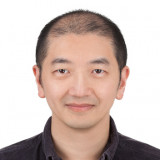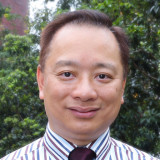Biography
- Professor in Department of Physics at The Chinese University of Hong Kong
- Research interest in fundamentals and applications of quantum coherence, focusing on quantum decoherence, dynamical control for combating decoherence, quantum sensing and quantum metrology, quantum computing, foundation of quantum physics, quantum optics, and extreme nonlinear optics
- SRFS project — to generalize the theory of nonlinear spectroscopy to its full quantum version, using a quantum object as a sensor to extract arbitrary types and orders of correlations in a quantum system
- Awards and Honours:
- RGC Senior Research Fellow (2022)
- Willis E. Lamb Award for Laser Science and Quantum Optics (2022)
- Fellow of Optica (2022)
Project Title
- Quantum Nonlinear Spectroscopy – A New Paradigm of Quantum Sensing
Award Citation
Professor Liu joined CUHK Physics Department as an Assistant Professor in 2005 and was promoted as a full Professor in 2014. Professor Liu is Director of the Hong Kong Institute of Quantum Information Science and Technology, CUHK.
Professor Liu has been working on the frontiers of quantum information science and technology for two decades, with seminal contributions to quantum coherence control, quantum sensing, and quantum optics. His works were recognized by the Willis E. Lamb Award for Laser Science and Quantum Optics (2022), the CUHK Research Excellence Award (2014), the award of Outstanding Fellow of Faculty of Science, CUHK (2013-2027), the Huang Kun Prize for Solid-State Physics and Semiconductor Physics (Chinese Physical Society, 2013), the Ministry of Education of China Natural Science Award - Rank 2 (2012), and the CUHK Young Researcher Award (2011). He was elected a Fellow of Optica (2022) and a Fellow of Institute of Physics, United Kingdom (2021).
This RGC Senior Research Fellow project will generalize the theory of nonlinear spectroscopy to its full quantum version, using a quantum object as a sensor to extract arbitrary types and orders of correlations in a quantum system. It will exploit the unprecedented power of quantum nonlinear spectroscopy to explore quantum many-body physics, detect extremely weak quantum signals, and test the quantum foundation.
Short video of awardee


